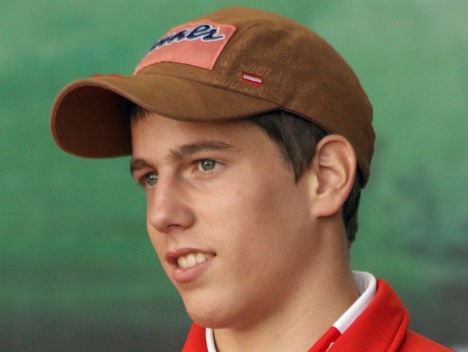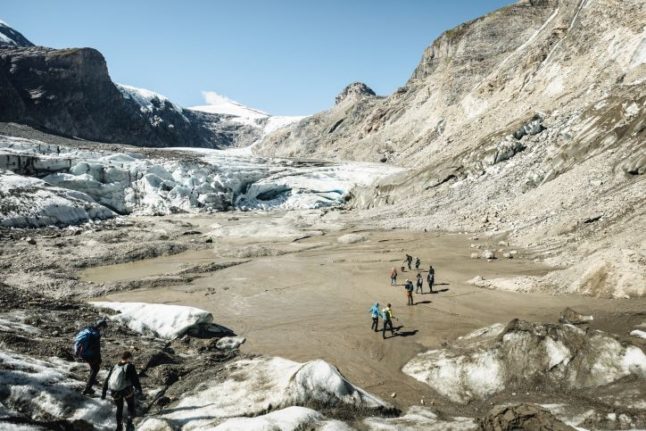Doctors said on Friday that the 23-year-old could not move his legs but had some residual sensitivity, and therefore they had diagnosed him with incomplete paraplegia.
Depending on how badly his spinal cord is damaged, he may be able to regain some motor function, but doctors said it could be “months or even years” before the extent of his injury is clear.
He underwent an operation on his lower cervical spine on Wednesday and is currently being monitored and stabilized in the intensive care unit at Graz hospital.
Head of the ICU, Professor Philipp Metnitz, said that he had spoken to Müller the day after the operation and that he was aware of the extent of his injuries, and that they would be talking to him about rehabilitation in the next few days.



 Please whitelist us to continue reading.
Please whitelist us to continue reading.